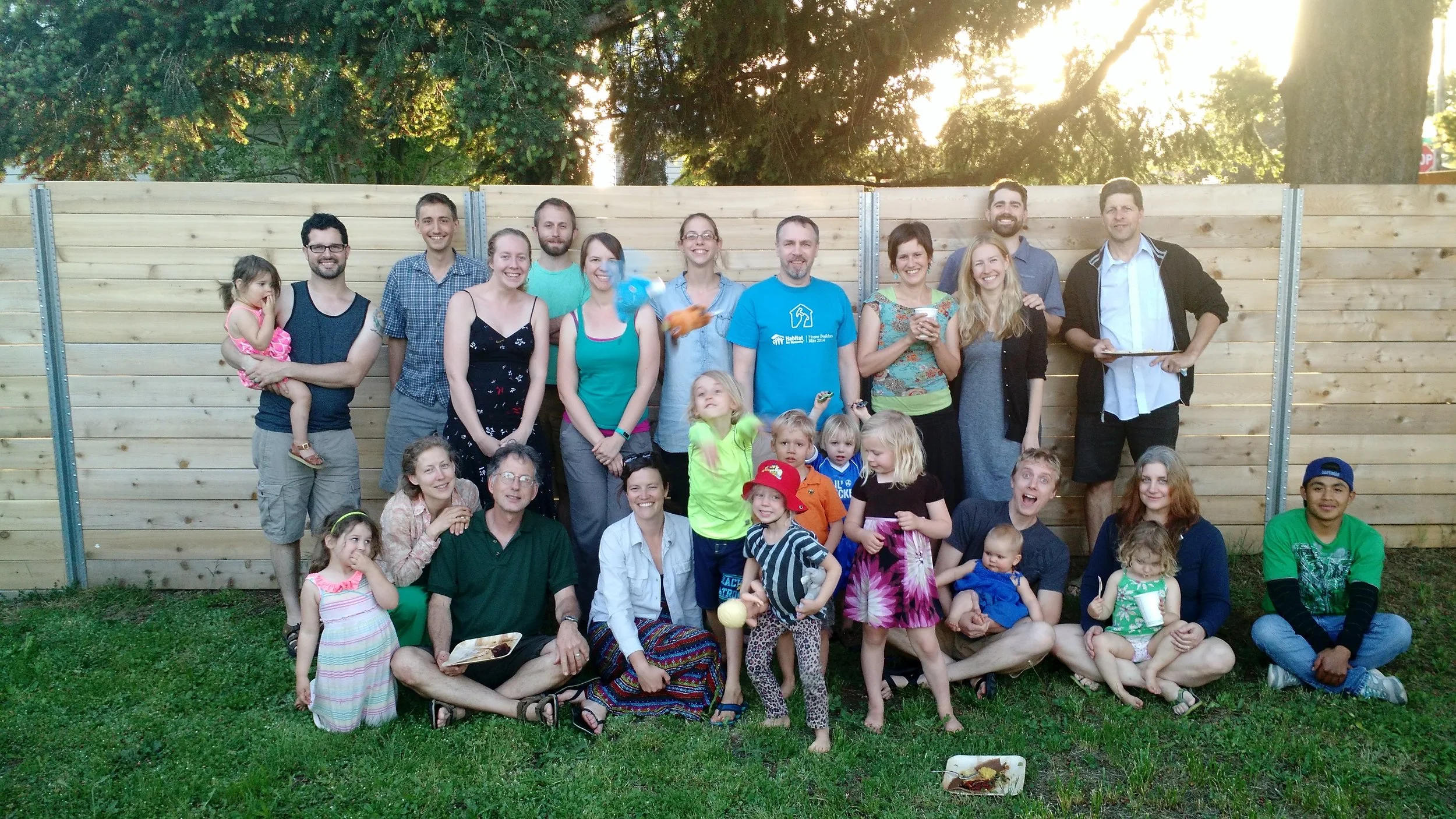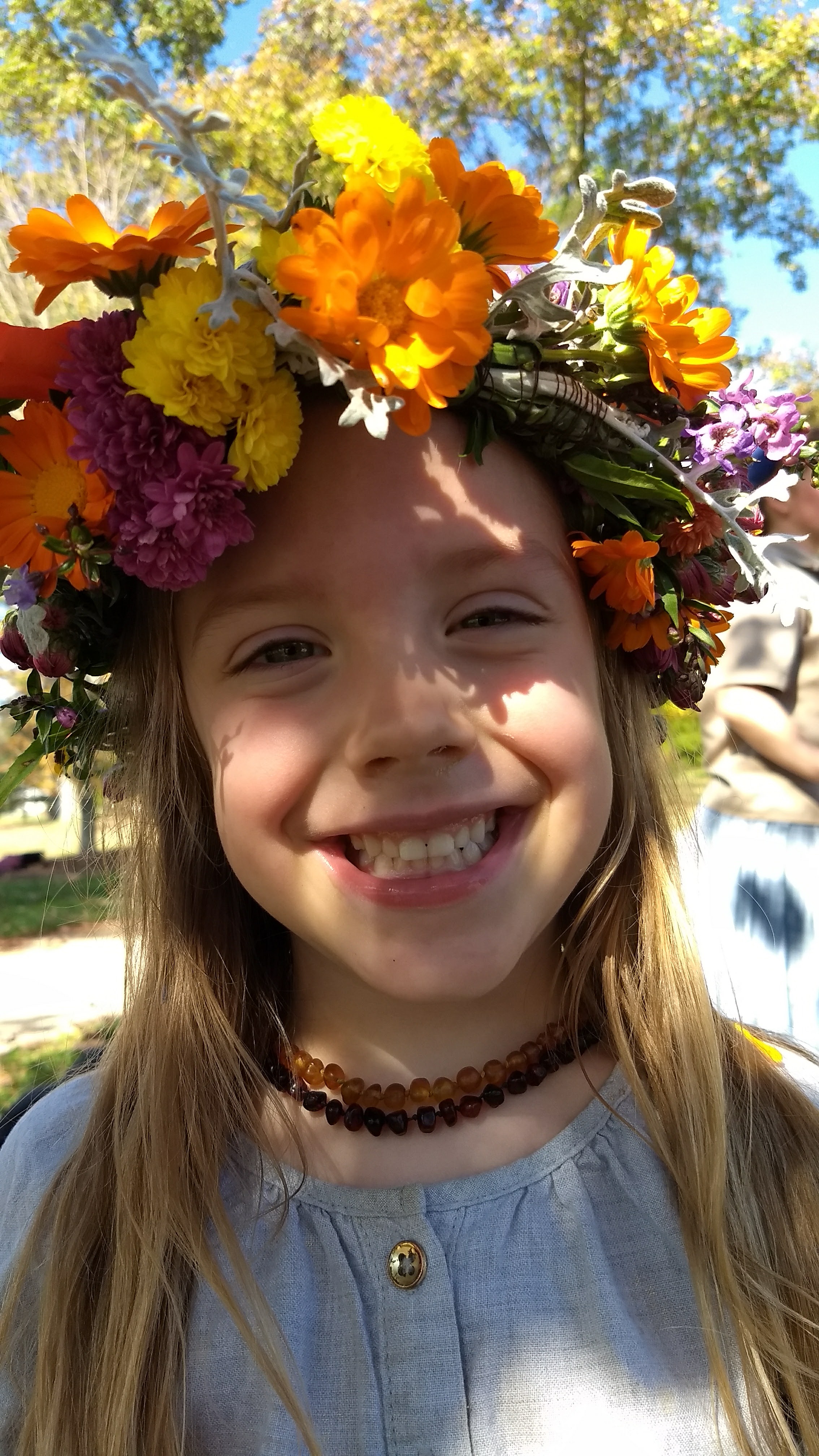Life Stages in Community
Christian community is for anyone who truly wants to return to the source of what is good and true in Christ. That’s what it means to be “radical.”
Intentional community is not only for singles who live in cramped spaces and who aren’t tied down. Jesus promised his followers a new family—homes, brothers, sisters, mothers, children and fields (Mark 10:28-30). The new life Jesus promises is full-orbed and genuinely radical, one that includes the whole span and spectrum of life. This is why community is more than a lifestyle. It’s an environment in which each person, no matter their background or stage in life, freely participates in a life of mutual giving and service.
“ This is why community is more than a lifestyle. It’s an environment in which each person, no matter their background or stage in life, freely participates in a life of mutual giving and service.
”
Children receive and give in their own unique way. So do teens, young adults, and the elderly. Children especially, along with their families, are integrated into the whole web of life that respects not only their needs but welcomes their gifts. Couples, singles and older adults don’t do “their thing” while children and families do theirs.
Meaningful inter-mingling at all levels, whether at the table or in the kitchen, in the yard or with neighbors, at a local soup kitchen or at a rally, include young and old alike. In this way the childlike spirit of joy can flourish while the wisdom of years is passed down to the younger generation. No one is a burden; all are a gift!
Community is truly family—always developing and changing, journeying through the cycles of life, and always there for each other amidst changing needs. This can only happen when we move, in the words of Jean Vanier, from “community for myself” to “myself for the community.” Selflessness is the key.
Community demands getting outside of oneself and going beyond one’s particular framework so that Christ may be encountered in the “other.” Bonds of affinity, as natural and good as they may be, can never exist at the expense of the whole or of others and their needs. And if community is truly “alive,” the stages of life will not only be embraced but fiercely protected.
Celebrations, festivals, holidays, rituals of meaning and significance that recognize God’s good gifts, and the sacred events of Christian faith are special and natural ways in which the spirit of fellowship and belonging can grow. They help to keep the struggles of community life in perspective, reminding us that life together, in a world that is so terribly fragmented, is always a gift and always for a higher purpose.
Community in its fullness won’t work if it rigidly adheres to certain patterns that only certain people ascribe to and enjoy. Uniformity kills the spirit. The spirit of community is such that its basic rhythms enable everyone, including the weak and the infirm, to contribute something.
The Spirit of Christ’s love seeks to integrate the unique gifts of each and every person. What is good for children is always good for the community—even for empty nesters. When everyone serves as they are able, community is truly life-giving: “If one part suffers, every part suffers with it; if one part is honored, every part rejoices with it” (1 Cor. 12:26).
Creative Expressions
In community, creative gatherings transcend the creativity of any one individual. There are all kinds of ways to recognize the gift of one another: birthday baskets and birthday crowns to honor someone’s life; skits and “lack of talent” shows to honor a couples’ wedding anniversary; circle games and dances to celebrate the joy of life together; seasonal decorating, cooking and setting tables together, putting on fun-fests for the children, working in the community garden, and participating in a neighborhood project together in order to enjoy being together; memory evenings to honor those who have gone before us, Easter bonfires, live nativities, to help us refocus our faith—these are just a few of the many ways to nurture the faith and the bond we have with each other in Christ.
It takes care and effort for any of this to happily happen. Yet, when governed by the Spirit, life together will feel more like a living spring than a defined body of water. There will be ebbs and flow with variations and unexpected renditions. Such a life, bound by commitment, is neither controlling nor confining. It is ultimately characterized by our love one for another. This alone is the measure and mark of Christian community. And herein lies the gift of life together.
Books:
Johann Christoph Arnold, Rich in Years: Finding Peace and Purpose in a Long Life (Plough, 2014).
Johann Christoph Arnold, Their Name is Today: Reclaiming Childhood in a Hostile World (Plough, 2014).
James G. Friesen, E. James Wilder, The Life Model: Living from the Heart Jesus Gave You (Shepherd’s House, 2000).
Max Thurian, Marriage and Celibacy (SCM Press, 1959).


